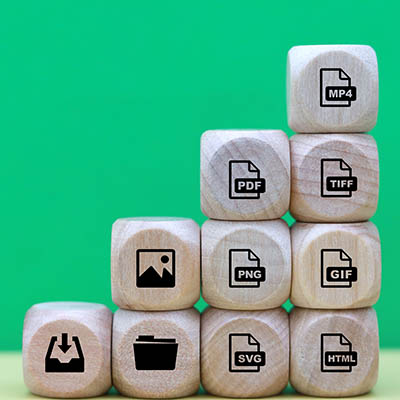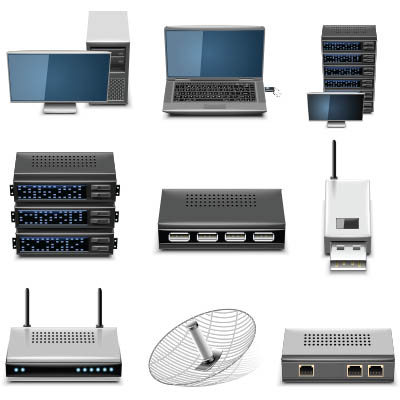The daily grind is characterized by the feeling that you’re busy all day, but not necessarily “productive.” Your technology could influence this feeling and make the daily grind feel like a slog, but with the right approach to IT, you can focus on technology that empowers rather than overwhelms. How do you make this transition? That’s what we’ll discuss today.
Do you ever see the little letters after a file and wonder what they stand for? While you might intuitively know from the thumbnail what kind of file you’re looking at, these letters, called file extensions, help to differentiate them from one another. Let’s go over some of the common file types you might encounter during your day-to-day work.
Today (as of when this was posted) is Friday, so ideally, the feeling in the office would be one of happy anticipation for the weekend… but what if a server crashes, and work gets put on pause, but all the deadlines still stand? This would undoubtedly put a damper on the weekend, and that’s the least of your worries. Who’s going to fix the server? This kind of situation is precisely why modern businesses can’t afford to wait for things to go wrong, and need to have a resource on their side to proactively address these kinds of issues and catastrophes.
So, you’re used to Apple technology but now you’ve got a Windows computer for work. We get it. Since most companies use Windows, we’ve been dropping some guides to help you get the hang of it. This time, we’re diving into the File Explorer; basically, how you find anything on your PC. If you want to get up to speed on other Windows features, check out our other posts under the Learning Windows tag.
Your business runs on its network, and when your network hardware isn’t running up to speed, it can have a significant impact on business operations. It’s also far from the most interesting topic, and other parts of your business—like the software that makes and manages the products or services you provide—likely takes up the spotlight. Here are some of the common networking solutions that are often neglected and why they should be a priority instead.
- 1
- 2






